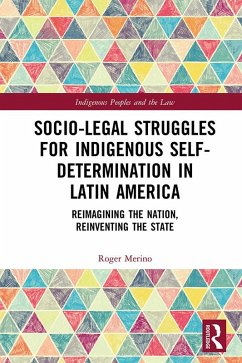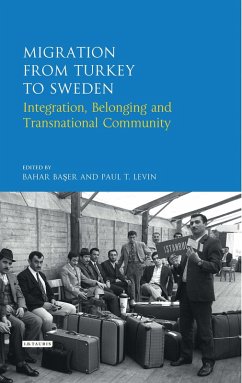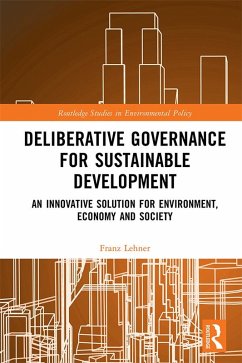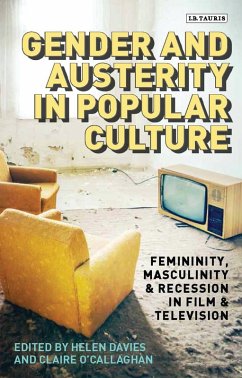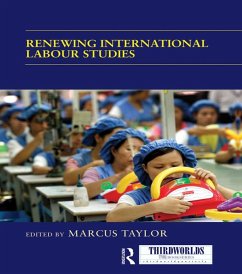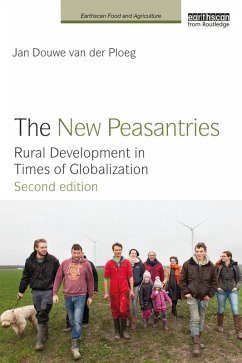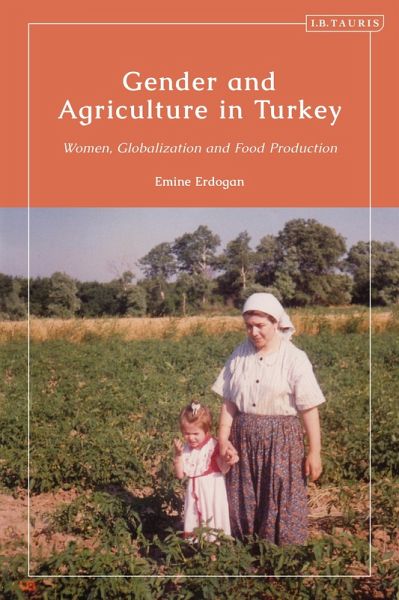
Gender and Agriculture in Turkey (eBook, ePUB)
Women, Globalization and Food Production

PAYBACK Punkte
13 °P sammeln!
How have attempts to integrate Turkish agriculture into the global economy impacted rural populations? This book reveals the extent to which the increasingly authoritarian political regime in Turkey, and the neoliberal economy, impacts minority ethnic groups and women. The tomato industry in Turkey has the highest export rate amongst fresh and processed fruit and vegetables. But Emine Erdogan shows here that global production is gendered, relying on the labour of unpaid or poorly paid women and based on a system of what she calls 'intersectional patriarchy'. The book is based on participant ob...
How have attempts to integrate Turkish agriculture into the global economy impacted rural populations? This book reveals the extent to which the increasingly authoritarian political regime in Turkey, and the neoliberal economy, impacts minority ethnic groups and women. The tomato industry in Turkey has the highest export rate amongst fresh and processed fruit and vegetables. But Emine Erdogan shows here that global production is gendered, relying on the labour of unpaid or poorly paid women and based on a system of what she calls 'intersectional patriarchy'. The book is based on participant observation and interviews to foreground the stories of the those involved in production, including local rural workers, Kurdish seasonal migrant workers, women factory workers and factory managers, as well as the landowning families. This provides a detailed picture of the transformation of rural Turkey and the inequalities of gender, class, ethnicity and age. A detailed ethnographic account, the book in unique in providing an intersectional and feminist analysis on processes of capitalization.





